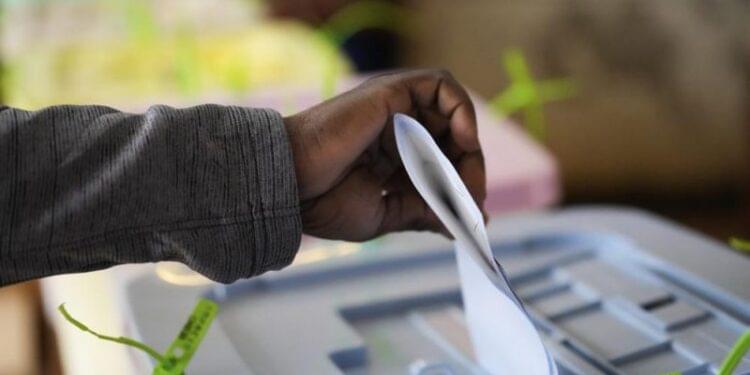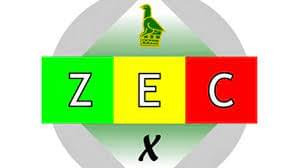Heads of state who attended the SADC Summit in Luanda, Angola, said they hope the elections in Zimbabwe would be free and fair, as well as those in Eswatini, Madagascar, and the Democratic Republic of the Congo (DRC) – all due in the last quarter of the year.
Zimbabwe’s elections take place next week, on 23 August, followed by Eswatini, which will hold its Tinkhundla electoral system on 29 September, Madagascar on 9 November and the DRC on 20 December.
Zimbabwean President Emmerson Mnangagwa attended the summit, as well as Eswatini’s King Mswati III and the DRC President Felix Tshisekedi.
Madagascar President Andry Rajoelina did not attend.
In a communiqué, SADC said it “noted the readiness of the member states that will hold elections during the year”.
At roughly the same time, Zimbabwe’s government issued a pre-emptive warning to election observers.
At a media briefing, Zanu PF spokesperson Christopher Mutsvangwa cautioned foreign observers against interfering with the elections.
He said: “We are happy to learn how we can improve our electoral processes from the assessment by observers, but we can’t allow them to undermine us because we know our sovereign status as an organised people.
“We are happy with the European Union’s position of not having clouded judgment; they are observers, not monitors,” he continued.
The main opposition, Citizens Coalition for Change (CCC), led by Nelson Chamisa, complained about what it called an unfair playing field ahead of the polls.
Some of the issues raised were secrecy around ballot paper printing and an unreadable voters’ roll.
The party also raised allegations that some members of the police were forced to vote in the presence of their bosses, which would constitute a violation of voting norms.
In a press address, party spokesperson Fadzayi Mahere said: “Everybody kows that under our electoral law, your vote is your secret. You can’t have your superior standing over you to check whether or not you are voting for CCC.
She said: “Our incident tracker has been awash with reports from prison officers, police officers, and other security forces, saying we are being forced to vote under the supervision of our seniors. Such a command vote is unconstitutional.”
Mutsvangwa said the opposition must stop complaining and seeking to undermine the electoral body.
“There seems to be a reckless assault on Zimbabwe’s electoral process by the opposition,” he said, adding that it was “an unrestrained assault on state institutions and constitutionalism”.
Zimbabwe’s election day rules:
Party regalia, public singing or music on public address systems are not allowed within a 300-metre radius of a polling station.
Canvassing for votes or distributing party material on behalf of any political party is now allowed.
Mobile phones or cameras are not allowed to be used at polling stations.
Sloganeering and the presence of political party-branded vehicles are also not allowed within a 300-metre radius of a polling station.
Source NewZimbabwe









